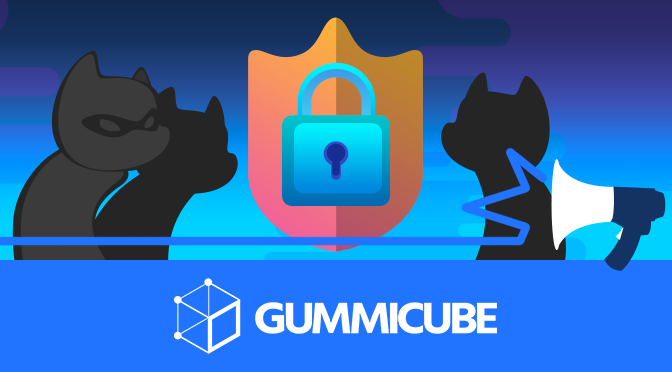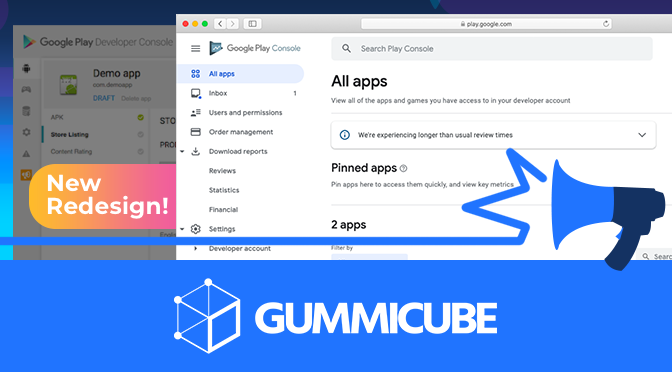
App Store Holiday Schedule 2020
Posted on November 23rd, 2020
When is the App Store Holiday Schedule 2020? Learn about the dates of this year's shutdown and how to prepare.

Google recently announced updates and enhancements to the Android App Bundles, designed to make apps easier to deliver and take up less space. In addition to the update, there are several beta features currently being tested, which are intended to make it easier to deliver features or integrate instant apps.
The biggest announcement for Android App Bundles is all about making apps smaller. Android App Bundles are designed to let developers more easily reduce the size of their apps to save users space on their devices. With the Android App Bundle, developers can build one artifact with the app’s compiled code, resources and native libraries. This eliminates the need to manage multiple APKs. Google Play’s Dynamic Delivery then uses the App Bundle to design and deliver APKs optimized for the device downloading it, thus removing unused code and resources that would otherwise exist only for a different device. Google states that App Bundles currently provide an average size reduction of 35 percent. With the addition of support for uncompressed native libraries, the company is expecting even smaller download sizes. Additionally, developers can now build app bundles on Android Studio 3.2, as well as the beta of Unity 2018.3. Early access developers can upload large app bundles with installed APK sizes up to 500 MB without expansion files, which will be possible for all developers in the near future.
Google is also beta testing additional App Bundle Features. The Dynamic Features module enables developers to let users download certain features of the app on demand, saving space on the initial app download and ensuring that users aren’t wasting space on features they’re not using. Additionally, Google is testing enabling instant apps with Android App Bundles. Instant apps enable users to launch and test apps right from Google Play without installation; the feature is frequently used in mobile games, but more apps of varying types are finding uses for instant app features. Android Studio 3.3 beta enables developers to publish instant-enabled bundles without maintaining a separate code from the rest of the app.
Google’s idea behind App Bundles is simple: smaller apps are more likely to be downloaded and less likely to be uninstalled. The data behind this indicates that every 6 MB increases to an app’s size results in a 1 percent decrease in the install conversion rate. Similarly, when users run low on free space on their devices, they’ll be more likely to uninstall the larger apps that take up the most space. As such, providing App Bundles can be beneficial for App Store Optimization. Developers with Android apps should look into Android App Bundles to determine how they can reduce their apps’ sizes. If they’re already using Android Studio 3.2 or Unity 2018, it will be easy to start adapting their apps for bundles. Functions such as the Dynamic Features can be called out in the description, letting users know that they can save space by only downloading the parts of the app they want to use. Similarly, Instant Apps can be an effective way of demonstrating the app to potential users and increasing conversion rates – showing off the app’s capabilities firsthand is an effective way to win new users over. Any improvements to an app provide new opportunities to reach new users or win back old ones. The Android App Bundles present new ways to help drive downloads and decrease uninstalls for developers worried about the size of their apps.

When is the App Store Holiday Schedule 2020? Learn about the dates of this year's shutdown and how to prepare.

Apple's App Store Guidelines have strict privacy requirements. Developers now must provide information to users on the App Store listing regarding the data they access.

The Google Play Developer Console has been updated with a new design and adjusted tools. What's different, and how will it impact App Store Optimization?